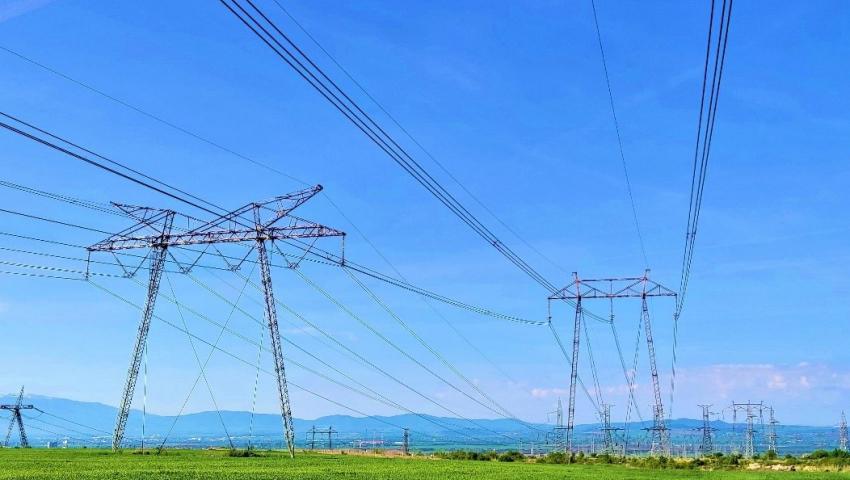Angelin Tsachev: ESO has already invested BGN 100 million in the implementation of projects under the Recovery Plan
All planned repairs before the winter are completed, the energy system is ready for the winter, said the director of the system operator

Source: ESO, archive
"With the exception of the 7th block in TPP "Maritsa East" 2, all other capacities have undergone their annual planned repairs. The emergency situation at HPP "Tsankov Kamak" was resolved. At this moment, there are no serious problems in our electricity system," he explained in front of BNR Angelin Tsachev, executive director of the Electricity System Operator. In my words, Bulgarian citizens can be calm about the supply of electricity and welcome the Christmas and New Year holidays.
Bulgaria continues to be a serious electricity exporter in the region, Tsachev also noted. "Probably the cost of electricity in our entire region will go up." High-passable equipment for the company's repair teams, winter clothing and fuel are provided, he informed.
The specialist explained that ESO has been working on the Recovery and Sustainability Plan since 2021. "To date, we have invested over 100 million BGN in the implementation of projects".
He also touched on the topic of the damage that our country can suffer because of the commitment to reduce harmful emissions by 40%
"Due to the requirements to reduce harmful emissions in the energy sector by 40%, laid down in the Recovery Plan, the reserves in the electricity system will be reduced. Reserve capacities are needed, which we cannot provide if the coal plants are not working. The capacities from renewable energy are of a non-permanent nature.
Making such a commitment will make it difficult for the power system to operate in terms of its adequacy and security in providing system reserves.
The cost of electricity, given that there will be less supply, will be higher in the region. Not only will we not be a net exporter of electricity, but we will probably start importing between 10 and 15% of the country's energy."
He also pointed out that the full interconnection of electricity markets leads to the creation of more and more opportunities for traders and consumers to achieve the same price across Europe.
"The realization of the market unifications, already in full scope of our borders with Greece and Romania, brings positives for all consumers. This helps not only the commercial participants, but is also good for the transmission operators".
Tsachev explained that more than 50% of the electricity infrastructure in Ukraine was destroyed. Already on March 16 of this year the electricity system of Ukraine and Moldova has been successfully synchronized to continental Europe.
"This is how we created an opportunity for the transmission of electrical energy. Initially, the plans were for Ukraine to participate with its production capacities in meeting the needs of the European continent, but due to the circumstances that have arisen, the flow of electrical energy is not from Ukraine to Europe, but vice versa. Trade exchange, although limited, is a fact and there are supplies of energy to both Moldova and Ukraine. It comes from various EU member states."
It is expected that today the Council of the EU will hold an additional vote on the proposal approved by the EP for Ukraine to receive an 18 billion euro loan. The EC proposes that Kyiv receive the amount in equal parts, and that the repayment of the loan starts after 10 years, with the interest covered by the EU countries. The commission envisions that the funds will go to support basic public needs, including the operation of hospitals and schools, the provision of shelter, and the restoration of infrastructure hit by Russian airstrikes. This loan is expected to be repaid over 35 years.
